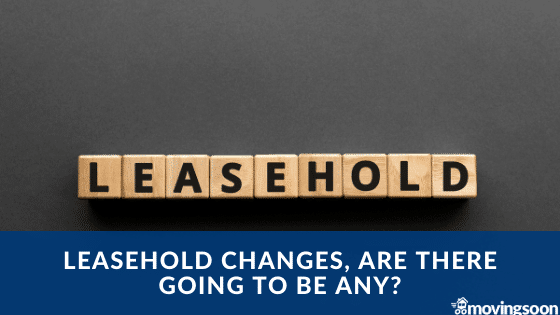Ending the ‘leasehold scandal’
Is the leasehold scandal ending? Housing Secretary Robert Jenrick announced on 7th January that around 4.5 million leaseholders will be offered to extend their lease by a maximum 990 years at 0 ground rent. As shared ownership properties are for the most leasehold this will have an impact on this tenure as well as any other properties that are leasehold.
What does leasehold mean?
To put it simply, leasehold is where you own a property for the length of your lease agreement with the freeholder. However, another body i.e. a management company or a housing association own the lease to that land the property is on. Shared Ownership properties are leasehold meaning the occupier owns a share of the home. The rest of the property, including the land belongs to the housing association. You can find out more about leasehold and freehold.
What is the ‘scandal’ associated with leasehold?
The Leasehold scandal is, namely that you can only get a lease for around 90 years. When you come to sell it could cause issues because the lease will be less than the 90 years and buyers solicitors may insist on a longer lease. This means that the current occupiers have to extend their lease for a lot of money. People can end up trapped in their lease because of two factors;
- They can’t afford to extend their lease
- They may not be able to sell it if the lease is less than 90 years
So what does this leasehold change mean?
This announcement means that any leaseholder who extends their lease, will not have to pay the freeholder ground rent. This will be a big help to many leaseholders as it may mean they are not paying hundreds/thousands of pounds each time they are extending their lease.
How does this differ?
Under the current rules, house leaseholders can only extend their lease once for 50 years. However, flat owners can extend as often as they want at 0 ground rent for 90 years. This is known as peppercorn ground rent. The changes mean that both house and flat leasehold owners will be able to extend their lease to 990 years without a ground charge.
Are there any other changes?
Yes, the government is scrapping prohibitive costs including ‘marriage value. Marriage value is the increase in value following the lease extension reflecting the new market value
A cap will also be introduced on ground rent payable when a leaseholder chooses to either extend their lease or become the freeholder. Leaseholders will be able to find out how much it will cost them to buy their freehold or extend their lease using an new online calculator.
The government has also announced that new measures will come in place for retirement leasehold properties. This includes restricting new ground rents to zero on new leases.
How beneficial is this?
Around 4.5 million people currently live in a leasehold property, so this should have a very positive impact. Millions of people will be saving thousands of pounds and are will no longer be stuck in a leasehold trap. This will help people own a home without having to pay the prices that come with buying a leasehold out.
Will commonhold replace leasehold?
Under new plans the government announced today that it is to establish a Commonhold Council. This comes after recommendations made in The Law Commission’s ‘Residential leasehold and commonhold’ report in July 2020.
Commonhold is an alternative to leasehold which allows people to own the freehold of individual properties in a building or estate. This is different from leasehold as leasehold usually means a housing provider owns the whole building. Another difference is that unlike leasehold, there is no limit on how long you can own the property for.
Professor Nick Hopkins, commissioner for property law at the Law Commission, said “The creation of the Commonhold Council should help to reinvigorate commonhold, ensuring homeowners will be able to call their homes their own.”

